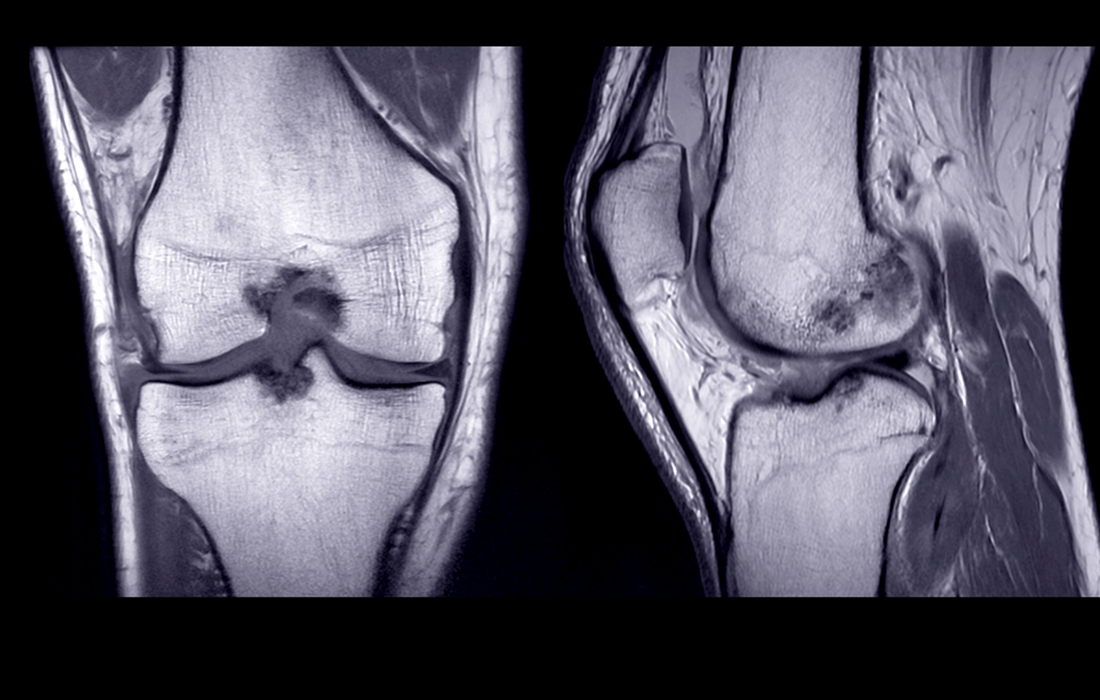Stem Cell Therapy for Specific Conditions
Using Stem Cells To Treat Osteoarthritis
Osteoarthritis (OA) is a progressive and debilitating joint disease that is expected to affect up to 25% of the population by 2040 and represents an enormous socioeconomic health care burden. According to the Centers for Disease Control and Prevention (CDC), osteoarthritis affects an estimated 30 million people in the United States.
Osteoarthritis is predominantly a disease of older age, affecting more than 10 million people over the age of 60 years.
Patients are initially treated with a combination of physical therapy, activity modification, weight loss, nonsteroidal anti-inflammatories and/or intra-articular injections with the goal of symptom modification. When OA progresses to the end stages and nonoperative care fails, total joint replacement can be an effective alternative.
Mesenchymal stromal cells (MSCs) are a leading investigational therapeutic product because of their multiple mechanisms of action. MSCs have been tested in a number of smaller-phase trials and are effective in alleviating pain and patient symptoms. In some cases there are reported improvements to cartilage morphology.
Recently, a group of researchers from the Krembil Research Institute, University Health Network in Toronto, Canada looked into the potential use of stem cells to treat KOA. They published their results in the journal STEM CELLS Translational Medicine.
The scientists wanted to know whether it might be possible to regenerate knee cartilage using mesenchymal stromal cells (MSCs). These cells can develop into a number of different cell types, including muscle, bone, and, importantly, cartilage.
They included 12 participants with moderate-to-severe knee osteoarthritis and extracted MSCs from each person’s bone marrow. In this study, one of the main aims was to understand what constituted a safe and viable dosage, so the researchers injected each participant with one of three different doses of MSCs.
Over the next 12 months, follow up visits were performed, assessing their progress using different tests. They measured the levels of inflammatory markers and the rate of carticalle breakdown and also took regular MRI scans of the affected joints.
At the end of the 12 months, the team found that there was a significant reduction in pain and increase in self-reported quality of life. The participants tolerated all three doses well, and there were no serious adverse events. Those who received the highest doses experienced the most positive results.
They reported that the use of bone marrow mesenchymal stem cells is safe and results in improvement in self reported outcome measures in the patients with late-stage knee osteoarthritis, 12 months after a single MSC injection. Also, there was a significant reduction in inflammation within the knee joints in the participants, which is important because experts now consider inflammation to be an important driver of osteoarthritis.
This is not the first time that researchers have pitted stem cells against osteoarthritis. For instance, the authors of a 2015 study involving 30 participants concluded that “MSC therapy may be a valid alternative for the treatment of chronic knee osteoarthritis.”
Larger scales studies are expensive, but are needed to see if they are able to replicate the benefits that these small-scale studies have revealed. If done, stem cell therapy could become the future of osteoarthritis treatment.
Source:
Jaskarndip Chahal, et al. Bone Marrow Mesenchymal Stromal Cell Treatment in Patients with Osteoarthritis Results in Overall Improvement in Pain and Symptoms and Reduces Synovial Inflammation. Stem Cells Translational Medicine. Vol 8, Issue 8. p. 746-757.
https://www.medicalnewstoday.com/articles/324979

